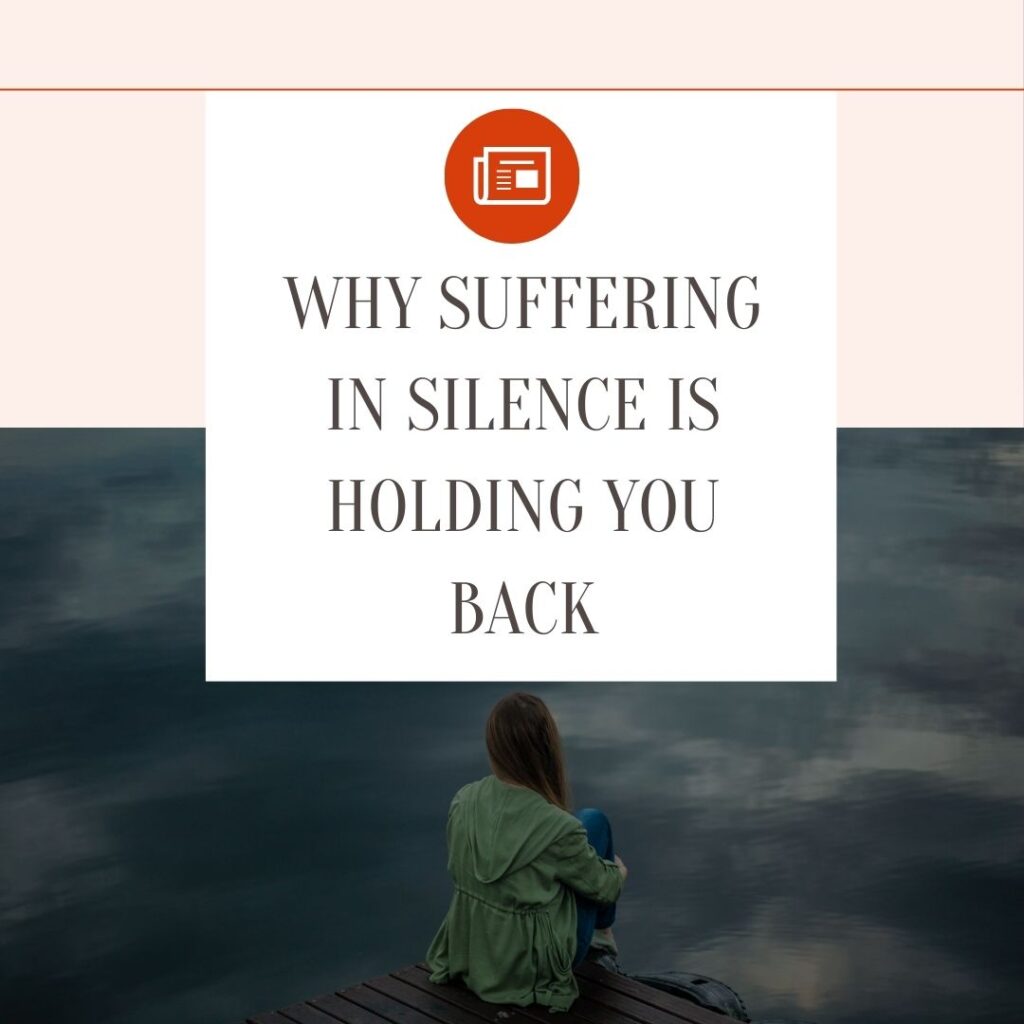Free Yourself: How to Conquer the Overdelivering Trap & Find Your Flow

I’ve learned that life isn’t about the impossible goal of perfectly balancing time between work and home. It’s about creating a beautiful, life-giving rhythm that works for you, one that adapts to what life asks of you without leaving you feeling utterly exhausted and scattered.
But what happens when that rhythm feels less like a gentle flow and more like a devastating flood? What happens when your incredible dedication at work starts to drain the very life you’re working so hard to build? You may find yourself caught in what I call the “overdelivering trap.” It’s that heartbreaking place where your 200% effort has slowly, insidiously become the new 100% expectation, and you’re left wondering where your precious energy has vanished.
This post is here to help you shape a flow that blends your work and your personal time in a way that truly supports and uplifts you. Because work-life harmony isn’t about rigid, unforgiving lines; it’s about a beautiful synergy. And the first, most courageous step is understanding how we get so trapped in the first place.
How We Tragically Lose Our Rhythm
It rarely happens all at once. Instead, it’s a slow, dangerous creep series of small, well-intentioned “yeses” that eventually lead to an overwhelming and unsustainable workload. For example, a wonderfully high-achieving woman I know (Let’s call her Keisha). Her days were once filled with the thrill of leading workshops and mentoring professionals. Suddenly, life took a sharp, unexpected turn, and she became her mother’s primary caregiver. Yet, her immediate, powerful impulse was to keep performing at that same superhuman level at work, to prove to herself and everyone else that she could handle it all.
Like so many of us, Keisha’s identity was deeply and powerfully connected to her accomplishments. This High-Achiever Syndrome makes the idea of delivering anything less than our absolute best feel like a shocking personal failure. On top of that, many of us have a deep, innate desire to be helpful, which can easily and tragically slide into People-Pleasing. We say “yes” to things we simply don’t have the bandwidth for, because the immediate discomfort of saying “no” feels far worse than the crushing exhaustion of doing the work.
Eventually, our Work Becomes Our Identity. When your job is who you are, any setback feels like a fundamental, devastating flaw, which makes the thought of pulling back absolutely terrifying. When you combine these powerful traits with a workplace that is happy to take as much as you’re willing to give, you have the perfect, heartbreaking recipe for losing your flow.
The Devastating Cost of an Unsustainable Rhythm
The most immediate cost is a profound burnout and a deep, corrosive resentment. However, the true cost is the devastating, invisible toll it takes on your life. It’s the hobbies you once loved that now gather dust, the cherished friendships you’re too tired to nurture, and the precious weekends spent recovering instead of truly living.
One woman I spoke to during my research shared something that absolutely broke my heart. She said, “I cannot stress how good it feels to have a clean house. I used to feel like a horrible adult because I couldn’t keep my house clean. I didn’t realize at the time: I just didn’t have the energy.”
That’s what’s truly at stake. It’s not about being tired; it’s about your beautiful, vibrant life shrinking until it’s nothing but work and recovery. But I promise you, you can find your rhythm again. It starts with a few intentional, courageous shifts.
3 Liberating Ways to Find Your Flow Again
Ready to shape a flow that truly supports you? Here are three empowering ways to begin.
1. Start with a Small, Courageous Experiment: This first step can feel a little scary, but it’s about bravely recalibrating what “a good job” means. For one week, I invite you to consciously choose a task and deliver it at 80% of your usual effort. You’ll likely be shocked to discover that your 80% is what most people consider 100%. This isn’t about doing a bad job; it’s about gathering powerful data and proving to yourself that you can pull back without everything falling apart.
2. Introduce a Powerful, Thoughtful Pause: Once you’ve seen that it’s safe to pull back, you can then introduce a thoughtful pause when new requests come your way. Instead of an immediate, automatic “yes,” try saying: “I’m happy to help with that. To make sure I give it the right attention, which of my current projects should I de-prioritize to make room for this?” This simple, powerful shift frames your time as a precious, finite resource and positions you as a strategic partner, not just a pair of hands.
3. Passionately Nurture Your Life Outside of Work: Finally, this is the deepest and most transformative work. You have to start untangling your self-worth from your job performance. You can do this by intentionally creating a life outside of work that is so compelling and joyful, it starts to compete for your attention and energy. Schedule things that truly matter to you, a walk with a cherished friend, a creative pottery class, and treat them with the same non-negotiable importance as a meeting with your CEO.
Own Your Rhythm, Own Your Life
Finding your flow isn’t about doing less; it’s about doing what truly matters, in a way that sustains and uplifts you. It’s about triumphantly remembering that you are more than your productivity. Some days, your career may need more of you. On other days, your family or your own precious well-being might take center stage. And that’s not a failure it’s a beautiful, real life.
If this topic hits home, don’t just stop here. I created a free PRONE to Power Worksheet that will help you put these strategies into action. You can grab it now at https://bit.ly/PRONEtoPowerwksht


